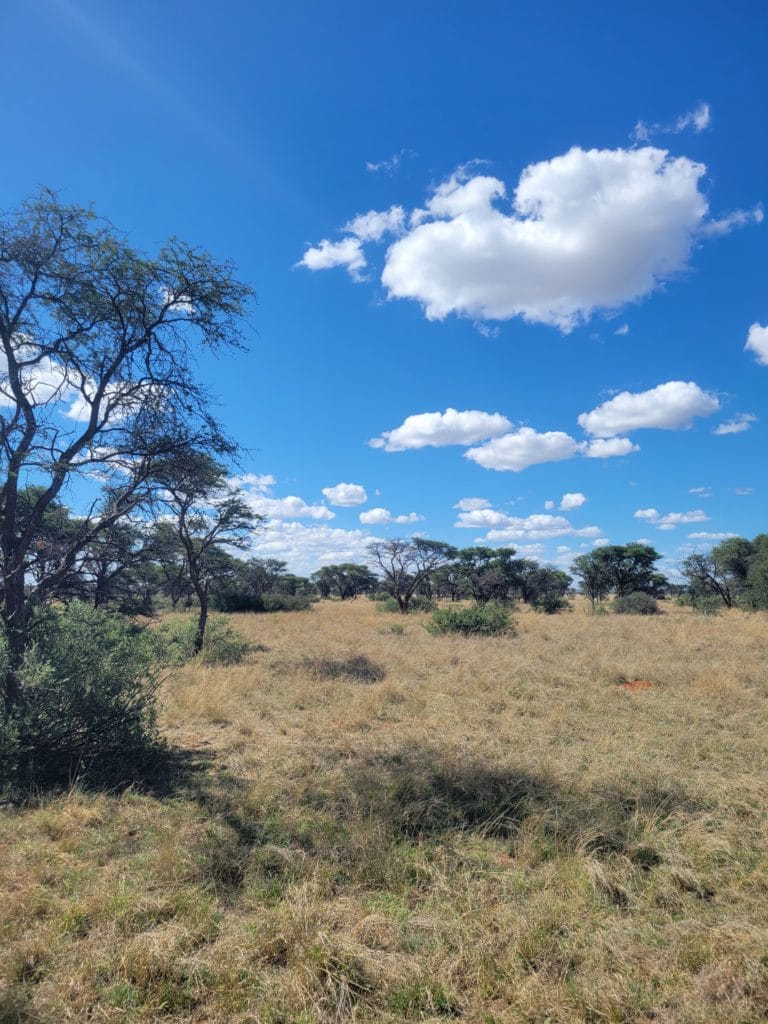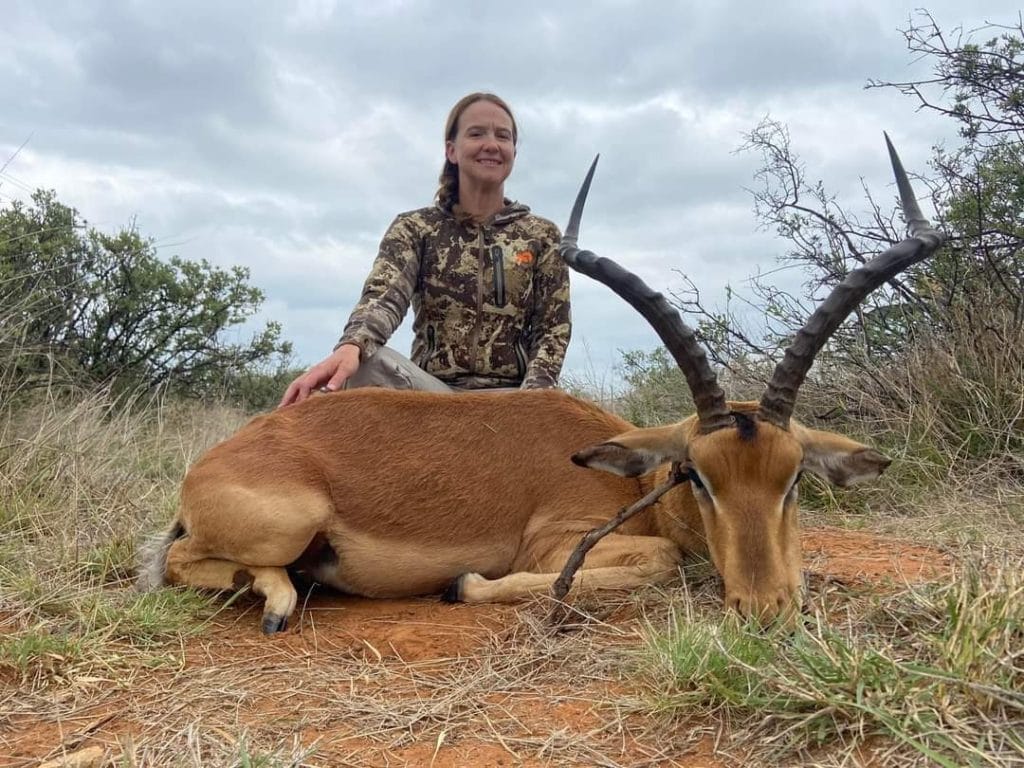Last year, I went to South Africa to hunt. Like any other hunt, I had expectations. I had read countless stories, both in print and on social media so I had an expectation. Like most people, I thought about free-ranging giraffes, zebras, and elephants everywhere.
While this may exist in some places, this was not my experience. I remember when I was in college and I went to Germany. The people I stayed with loved baseball, so in my 21-year-old mind that meant that every German loved baseball. I was wrong.

Just like no two hunters have the same goal, I was reminded on my trip that no two African trips are the same, even with the same outfitter. When you are prepping for a trip, you will hear your friends say the words hunting concession. A concession is a piece of land that a guide, a Professional Hunter (PH), has permission to hunt. We went hunting in South Africa in the summer there, over Thanksgiving. Many foreign hunters do not travel well during this time of year since it is typically quite warm. Because of the time of year, we had a decidedly different experience. The landowners and holders all called themselves farmers, and we were lucky to break bread with nearly every one of the farmers whose properties we hunted.
Through this experience, we learned so much about this style of South African hunting.
I never connected Africa with farming, or ranches like we know in Texas, for exotic animals, but some places are just that, on a much larger scale. We all saw the devastating pictures on social media when these farmers had to cull many animals to sell for meat. At the places we hunted, we purchased a specific animal that is farmed on a huge piece of land. After the harvest, most, if not all, the meat goes to the local butcher to be sold, while we get to keep the hides and skulls.
Like traditional farmers, these stakeholders must care for the animals on their land, no matter how wild and unruly they may be. There is a complex system of permits and regulations depending on the value and status of the animals in their care. There are also many farmers helping bring species back to the wild.

I learned many things while hunting in South Africa. The most important was looking at the impact of hunting on the economy and the well-being of the individuals there. I read this article about the impact of hunting on the economy of South Africa. Hunting contributes to about 47% of agricultural jobs in South Africa and gives value to animals that would otherwise be in competition with the residents. When we stop hunting, either by the global shutdown or by media mandate, we hurt the “wild” Africa that we know in our expectations. These landholders, together with hunters, in my opinion, are the future of the big game for which Africa is known.





3 thoughts on “Hunting in South Africa, A Different Perspective”